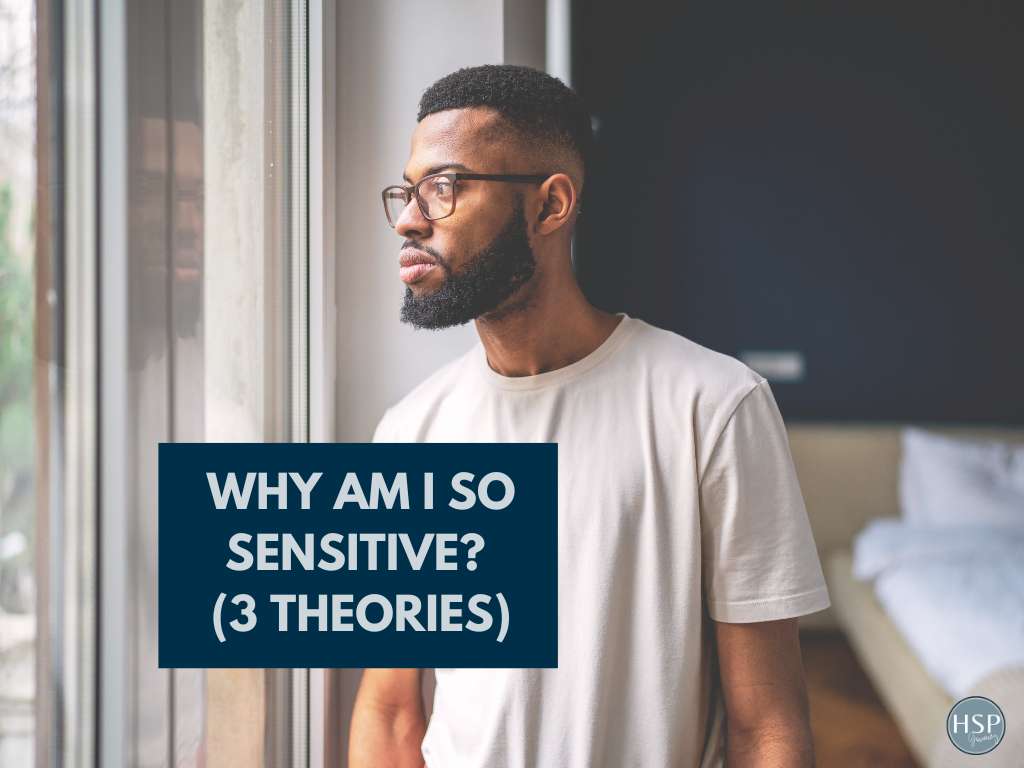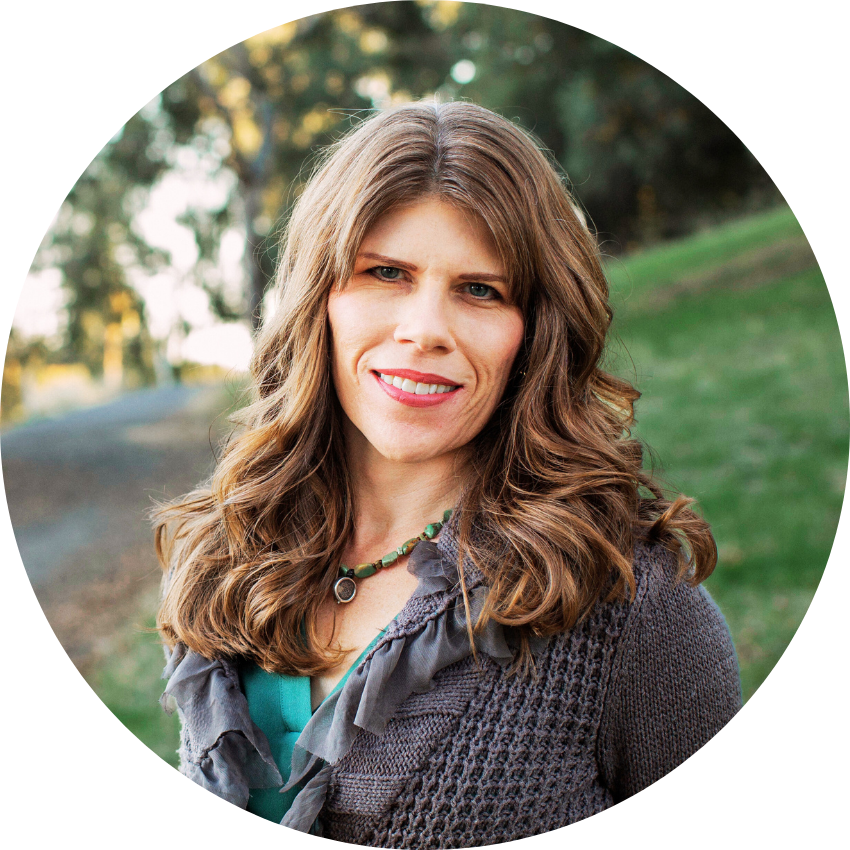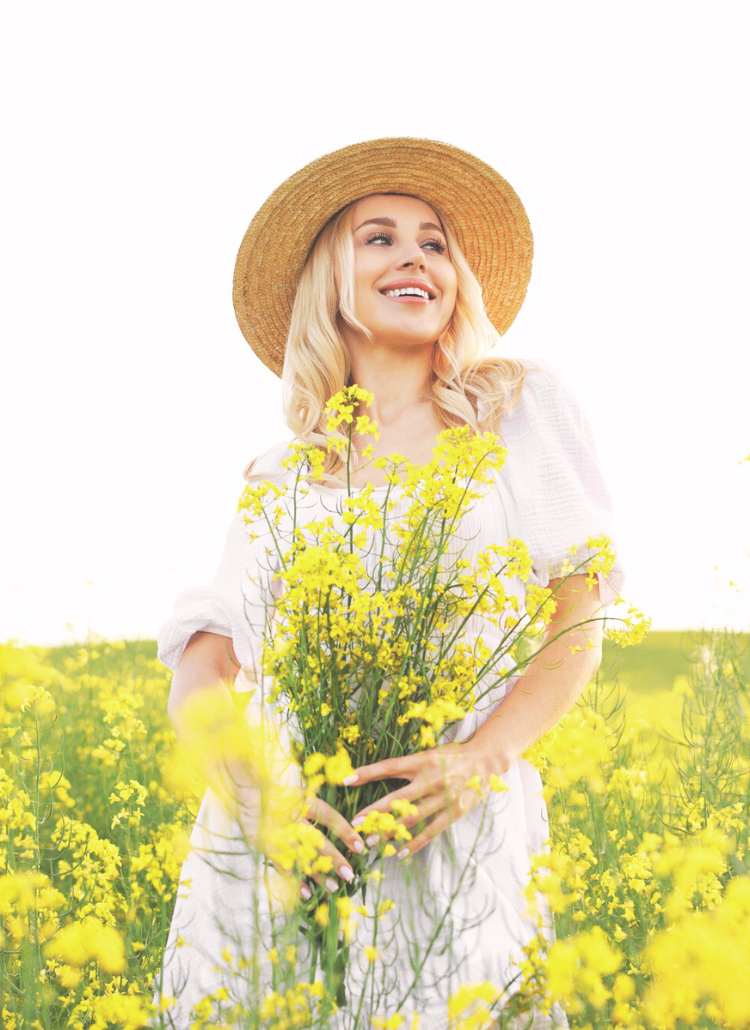Maybe it happens when you’re feeling buried in overwhelming emotions. Or after a sleepless night when your mind won’t stop. Or when you can literally feel the pain of someone you love, to the point that you’re suffering, too. And you ask yourself, why am I so sensitive?
I can’t give you a definitive answer, because research on sensitivity is a relatively young field. However, there are three theories that can help to shed light on what makes us HSPs and how we can live well based on those theories. These theories seem to be explaining sensitivity from different angles, rather than competing with one another.

Table of Contents
These simultaneous theories about sensitivity can be understood in the same was as there are many explanations for how bread is made. A culinary instructor will focus on techniques for combining ingredients. A chemist may explain how yeast and sugar interact and release carbon dioxide. A physicist may explain how heat causes convection and conduction reactions that cause the crust to set. All three perspectives shed light on the process of baking bread; no one perspective helps us understand the entire process.
Since we lack a single, comprehensive model to explain why we’re sensitive, I think it’s helpful to examine each one and find ways that it might apply to how we live as HSPs. In this article, I’ll detail three theories and three suggestions for better understanding the frequently-asked question: why am I so sensitive?
Theory #1: Sensory Processing Sensitivity (SPS)
Elaine Aron brought us the original theory and research on what it means to be an HSP or, as she terms it in the scientific research literature, sensory processing sensitivity (SPS). According to Dr. Aron, SPS is innate, meaning that humans and over 100 other species are born with this trait and carry it throughout their lifespans. Dr. Aron argues that the “essence” of SPS is deep processing of information in the brain—the differences that show up on brain scans and that lead us to think and feel deeply, notice subtleties, and deeply mirror other people’s emotions.
Aron incorporates the research on differential susceptibility into SPS. Differential susceptibility highlights the ways that some kids (highly sensitive children) are more shaped by nurture than others (non-HSCs). In other words, the environment impacts HS children more strongly, which Dr. Aron posits is due to depth of processing.
What to Do Based on the Theory of SPS
Like Dr. Aron, I am a big proponent of leaning into the ways that our depth of processing can serve us and give us an advantage. Differential susceptibility reminds us that we are going to benefit a great deal from positive experiences, so we can work to create them in our lives.
Go to a therapist, get coaching, or find a mentor who understands depth of processing and how to support your uniqueness. Put your deep thinking and feeling to work in contexts where these qualities are necessary—join a book group, volunteer directly with people or animals who need some TLC, take on an intricate project. I find that the more we direct our deep thinking and feeling toward a goal that aligns with what we value, the fewer opportunities we have for our brains to take us into overwhelm and preoccupation with negative circumstances.
Looking for HSP Tools to Thrive in a Chaotic World?
The modern world is often overwhelming and stressful for those of us with sensitive nervous systems. Many of us have suffered from the challenges of high stress, anxiety, sensory overload, and mental health and physical health issues. Fortunately, after years of working with and researching Highly Sensitive People (HSPs), Julie Bjelland has developed many tools that have not only helped her but thousands of HSPs all over the world move out of survival mode living and into thriving. In this free webinar, she’ll share the tools that HSPs have found the most life-changing. Her goal is to help you live to your fullest potential because the world needs you.
Join this free webinar and get tools to help you thrive as an HSP!
Theory #2: Biological Sensitivity to Context
You may be more familiar with biological sensitivity to context from the metaphor of orchids and dandelions (and, later, tulips). Bruce Ellis and Thomas Boyce found that there were biological markers of a heightened stress response in children exposed to stressful or traumatic environments.
This theory proposes that children in these environments become more sensitive as a result of these biological changes. It’s the “nurture” argument as opposed to the “nature” (born that way) argument that differential susceptibility makes. However, like differential susceptibility, biological sensitivity to context suggests that HSPs are going to respond more intensely to positive and negative environments.
What to Do Based on the Theory of Biological Sensitivity to Context
Obviously, we can’t go back in time to change our own childhood environments. However, we can use some of the same strategies for differential susceptibility to make positive changes to our adult environments. We can also focus specifically on ways to reduce the biological activation that stress causes. Some options include engaging in regular practices of relaxation, yoga, somatic therapies, vagus nerve stimulation, and other body-based activities.
And, if we have the privilege to be interacting with children, we should be advocating for environments that reduce stress, inequality, and toxicity. In my experience, HSPs gain as much as or more from helping others than from doing things for themselves. Helping the kids in our personal and professional lives can be a way of redeeming some of the struggles we faced in our own childhood environments.

Looking for an HSP-Trained coach to help you align your life with your priorities?
Through my Highly Sensitive Person (HSP) certification with the Nickerson Institute, as well as being an HSP, I offer HSP coaching to develop specific goals around your HSP needs. We HSPs frequently deal with anxiety and overstimulated nervous systems that prevent us from achieving peace and attaining our life goals. HSP coaching with me includes a detailed review of your sensitivities and a mutually-desired plan for growth and management of this superpower to shift negativity and begin seeing yourself as the hero of your own story. (Affordable monthly coaching begins at $150/month.)
Theory #3: Environmental Sensitivity
Dr. Michael Pluess, a developmental psychology researcher, developed the concept of Vantage Sensitivity to show that HSPs get a bigger benefit from supportive, positive environments and may outperform non-HSPs in those circumstances. His research was a response to an older model of mental health disorders called Diathesis-Stress, which suggests that some people are more vulnerable to stress and are more negatively impacted by negative environments. Pluess wanted to shift the focus away from pathology and onto the adaptive characteristics that HSPs show.
Pluess and his colleagues have formulated the theory of Environmental Sensitivity as an umbrella that integrates all these research formulations into a comprehensive model of sensitivity. His approach attempts to balance nature and nurture explanations and incorporate evolving brain imaging, genetic, and biomarker research into the theory.
What to Do Based on the Theory of Environmental Sensitivity
In the words of the old song, you’ve got to accentuate the positive and eliminate the negative (as much as possible). Engage in activities you feel passionate about and that help you regulate your level of stimulation. Find people in your life who bring joy, connection, acceptance, and love to your relationships. If you don’t have them in your present community, seek our communities of HSPs who are longing for the same kinds of meaningful connections. Spend time in nature, feed your intellectual curiosity, cultivate your spirituality and a sense of awe and wonder in the world.
And gently, over time, change or weed out some of the experiences, relationships, and circumstances that are having a negative effect on you. That doesn’t mean you need to make an abrupt fresh start, which can be stressful. Allow yourself to gradually make changes to reduce what is having a negative impact on your life and make more time, energy, and resources for the things that have a positive impact.
Theories about Baking Matter, but Eating Freshly Made Bread is so Much More
If you’ve ever bitten into your favorite bread, still warm from the oven, you probably aren’t too focused on what theory of combining flour and yeast and heat got you to this point. You’re savoring the final result.
The same thing can be true for being highly sensitive. Does it matter why we’re that way? Yes. I think it can be particularly helpful to step back and look at what all these theories are telling us: sensitivity is not a flaw, character deficit, weakness, moral failing, psychological pathology, or undesirable quality. It’s the product of a likely combination of factors, nature and nurture, that result in a variation in the human (or animal) experience.
Whatever theory or theories you embrace, they all point to the fact that highly sensitive people are adaptable, resilient, and capable of amazing growth under supportive conditions. To me, that is one of the most comforting takeaways from all this research. We are capable of so much more than our histories, circumstances, or biologies can determine. I hope you’ll embrace that potential in yourself and help create an environment that supports the growth of other sensitive people. If we all do that, I think we’ll be amazed to see what sensitive people can do in the world.
Be sensitive, be free
*This post contains affiliate links and I will be compensated if you make a purchase after clicking on my links*




